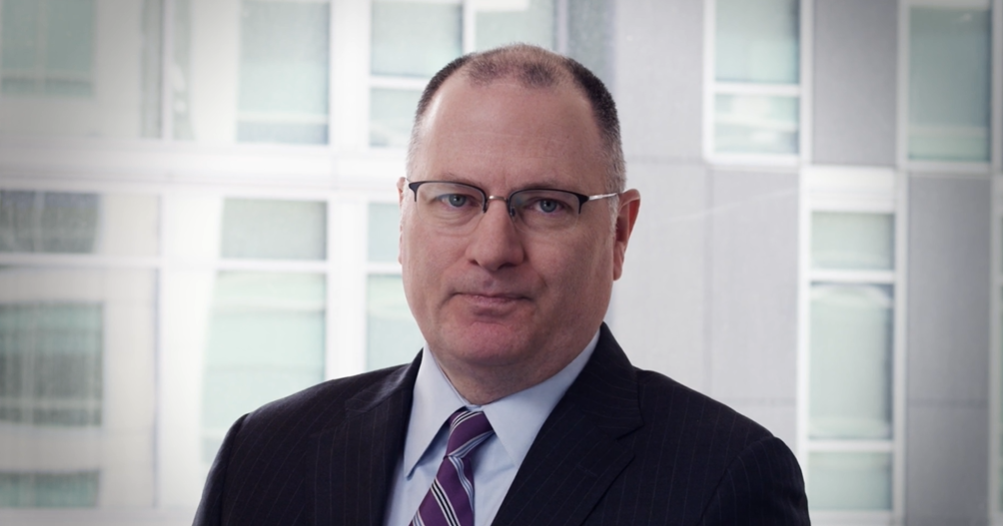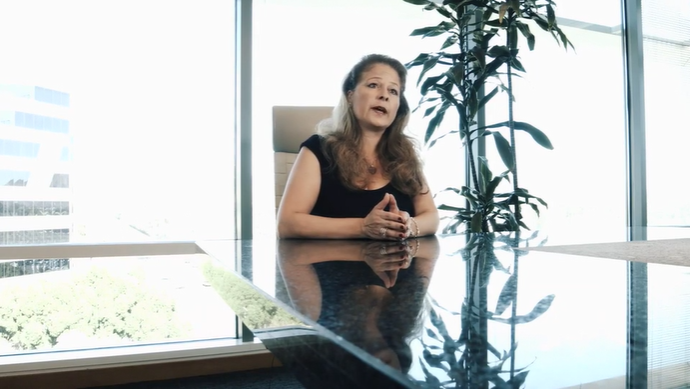In today’s blog post, Miller Friel attorney Bernie Bell addresses two remaining questions that corporate clients should ask prospective insurance recovery law firms. Question three is centered around fee structure, and whether a law firm is open to alternatives to standard hourly billing. And lastly, question four probes whether your case will be staffed with experienced insurance recovery lawyers, or general litigation associates. Pulling generalists from a litigation pool may be a common law firm staffing approach, but it is likely not the best approach for insurance recovery law. If every member of the insurance recovery legal team has substantial experience in insurance recovery law, greater efficiencies and better results can be realized. This experience, in major litigation, also translates into greater efficiency in managing litigation support vendors.
Please watch the video to learn more.

Miller Friel Attorney Bernie Bell
We have included today’s transcript below:
Selecting an Insurance Recovery Law Firm (Part 2)
The third question is whether your law firm is open to alternatives to the standard hourly billing arrangement. Alternative fees are often discussed, not as often entered into, but they can, in the right circumstance, more closely align the client’s interest in getting their claim paid fully.
In the insurance recovery area, one of the ways in which this becomes particularly important is, for clients that have suffered an insured loss, and they exist in a seasonal environment. And so this can be true, to take an example, in areas that are prone to, in coastal areas that are prone to hurricane, and they’re in the hospitality business, or the golf course business, or something that’s seasonal in nature. The hurricane season is generally in the fall, and the high season can start in March or April. So, you have a window within which, it’s really important for the business to try and maximize their recovery, so that they can get back into business before their high season.
If a law firm is willing to create the financial incentives to push that claim along, I think it’s an added value for clients.
The alternative fee arrangement itself can be any number of different things, there are ways from straight hourly, and then the alternative would be a straight contingent fee, depending on the percentage of the recovery, and everything in between.
You can structure the fee agreement in phases, the first phase being the fixed fee, in which, both client and firm evaluate the likelihood of recovery, in exchange for a fixed fee. And then at the end of the first phase, you discuss going forward, pursuing the claim on everything between a straight hourly to a pure contingency or a blend where you have a discounted rate in exchange for a percentage of recovery.
The fourth question is, for your claim and your matter, is it going to be staffed with experienced insurance recovery lawyers who have done this for a long time? Or, as often happens in a global law firm or an Am Law 100 firm, is your matter going to be staffed with young associates from the general litigation pool, who may be very well qualified lawyers, but have no experience in insurance recovery. The experience of your counsel generally leads to greater efficiency at every step of the way, from knowing what to research and where to research it, to drafting pleadings that are focused and have stood the test of time, let’s say, in other jurisdictions.
We’re in a new environment now, where, you know we have an experienced focused team, we can fit in a helicopter, we don’t need the infantry. And the reality of the current marketplace is, even at the big firms, the work, the infantry work, is done by third party vendors in litigation support. We have a lot of experience managing those vendors, as much experience, if not more, than many of the young associates who would be managing that at a Global 100 law firm. And we can actually achieve greater efficiencies with third-party vendors, as a result of our experience in insurance recovery matters.



